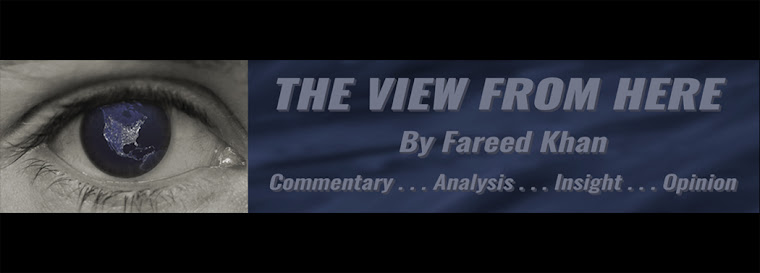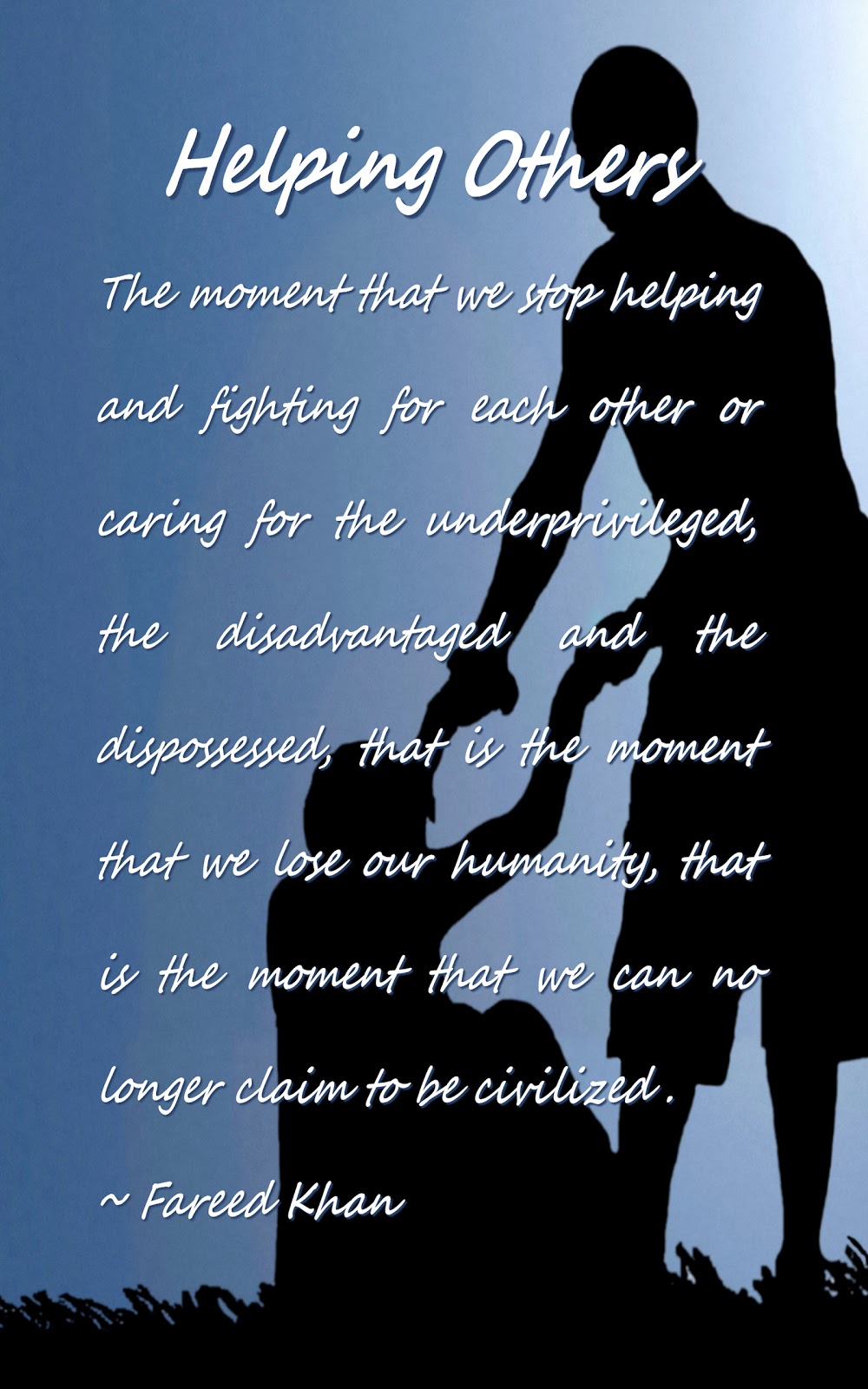The
above link to an interview was sent to me by a friend and it says a lot
about what I and many in my social circle have been feeling for a
number of years. It's only 3:30 long and I encourage you to listen to it.
It's not just about politics, politicians and political parties and the way they have numbed the minds of the Canadian electorate, it's about the fact that most Canadians seem to have given up and given in as the culture of our society has more and more come to resemble what we see in the US where profit, unfettered capitalism, and increasing power for the already powerful has become the state religion. It's an attitude which says that society can go to hell in a handbasket as long as there are a few elites in society who achieve personal wealth, power and influence beyond all reason.
It's not just about politics, politicians and political parties and the way they have numbed the minds of the Canadian electorate, it's about the fact that most Canadians seem to have given up and given in as the culture of our society has more and more come to resemble what we see in the US where profit, unfettered capitalism, and increasing power for the already powerful has become the state religion. It's an attitude which says that society can go to hell in a handbasket as long as there are a few elites in society who achieve personal wealth, power and influence beyond all reason.
This is not what Canada is or ever has been about. Growing up I saw Canada as a nation where anyone had the opportunity to achieve personal success (which we concouraged) but in doing so we did not forget that there were many in our society who couldn't (for whatever reason) and so we had to watch out for them by having an adequate social safety net. Unfortunately, that social safety net is a shadow of what it once was as certain politicians and business interests have been successfully transforming Canadian society into something resembling the United States. And as that safety net has come undone it has created other social, economic and environmental problems which have diminished the quality of life of Canadians and have sowed despair in a growing underclass of disadvantaged, dispossessed and disempowered citizens.
So please listen to the interview. You may not agree with everything that is being said, but it will certainly make you think, and hopefully you will want to share it with others.
Canada is not yet what American society has become and that is why there is still hope for us to pull back from the brink.
© F. Khan. All Rights Reserved.




